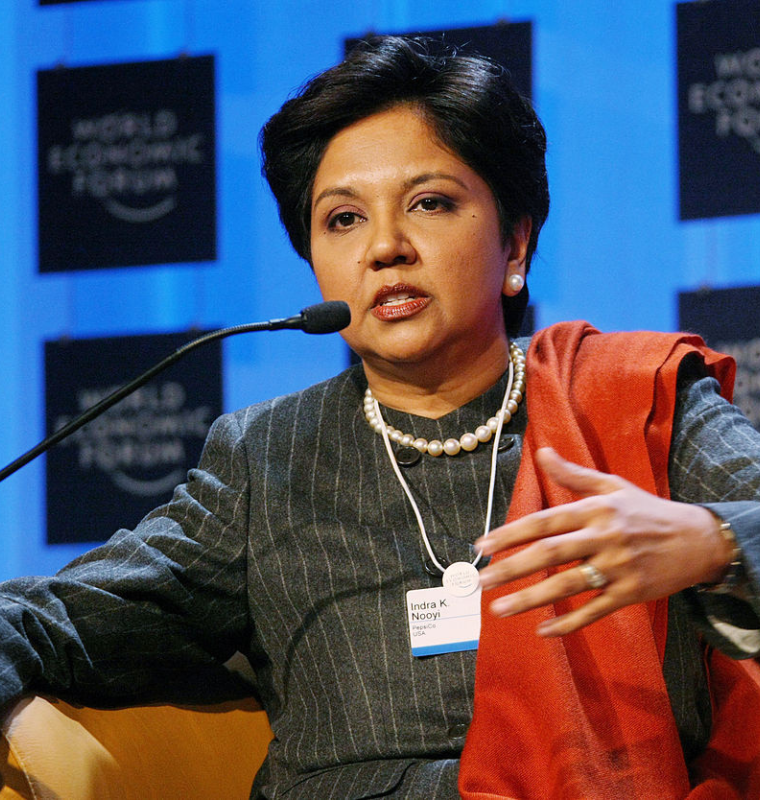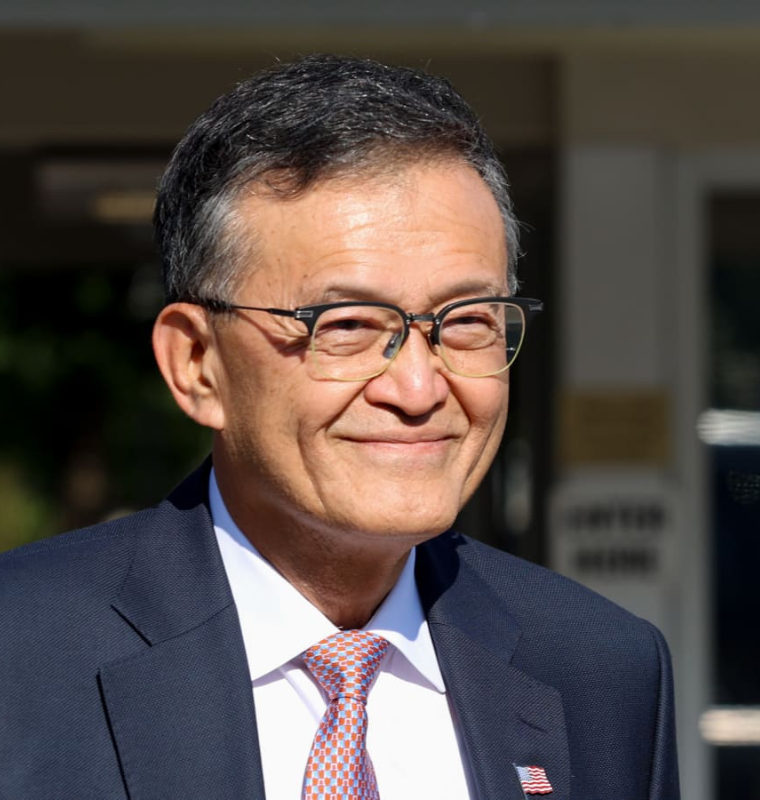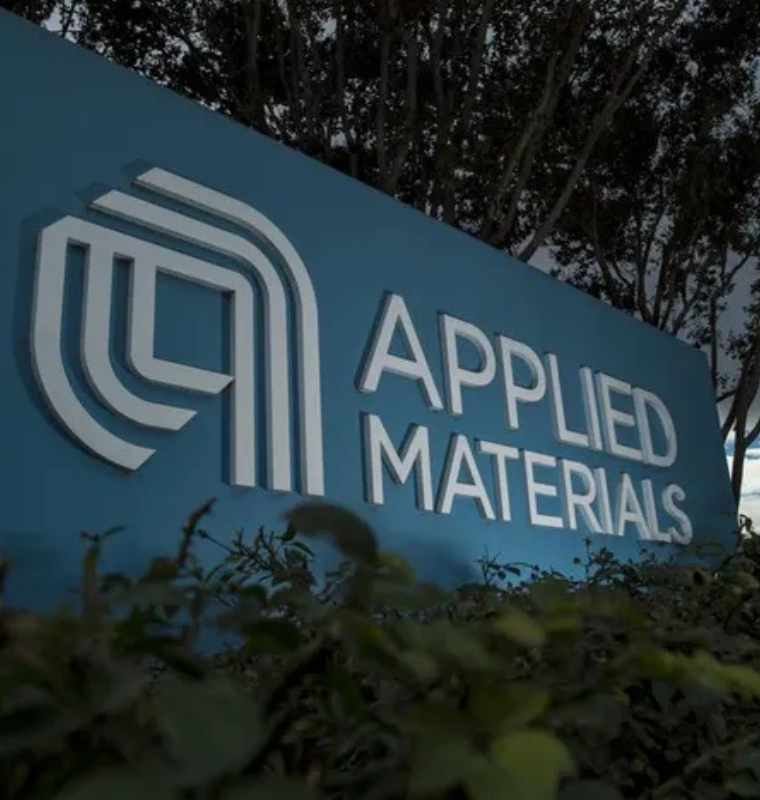Europe Must Assert Global Leadership as U.S. Relations Grow Strained, Warns Former Italian PM
Europe Must Assert Global Leadership as U.S. Relations Grow Strained, Warns Former Italian PM
By
Leah Rosenfeld
Last updated:
June 25, 2025
First Published:
August 3, 2025

Europe’s Role in Global Affairs Faces a Crucial Test
ROME, ITALY — Former Italian Prime Minister Matteo Renzi has issued a stark warning to the European Union: it must redefine its place in global affairs as relations with the United States become increasingly strained.
Speaking to CNBC’s Europe Early Edition, Renzi underscored a growing unease in Europe, triggered by U.S. President Donald Trump’s dismissive rhetoric, stalled trade negotiations, and waning diplomatic cooperation. “Europe must wake up and try to play a role as Europeans,” Renzi said, emphasizing that the EU must stop relying solely on historical alliances and begin asserting itself on the global stage.
Rising Tensions: Tariffs, Trade, and Troubled Alliances
Renzi’s comments follow President Trump’s recent claim that the EU would be ineffective in mediating the Israel-Iran conflict, a region currently gripped by fragile ceasefire agreements and diplomatic uncertainty. Trump stated bluntly that Europe “is not going to be able to help,” effectively sidelining the EU in one of the world’s most pressing conflicts.
This dismissal is just one of several flashpoints in an increasingly complicated transatlantic relationship. “Our best ally—the United States—attacks us every day, every week, every month,” Renzi remarked, calling attention to ongoing trade disputes that remain unresolved.
At the core of this conflict is a looming July 9 deadline to renegotiate tariff agreements imposed by the Trump administration during his first term. The U.S. and EU have yet to finalize a deal that would roll back or suspend significant trade duties, raising the possibility of renewed economic confrontation between two of the world’s largest economies.
Europe’s Diplomatic Marginalization: A Pattern Emerges
Trump’s skepticism of Europe’s diplomatic capacity has become a recurring theme. From the Ukraine-Russia war negotiations to the Middle East peace process, the EU has found itself increasingly excluded or diminished at global decision-making tables.
Renzi said this pattern reflects a broader challenge: Europe’s failure to speak with one voice and the perception that it lacks the agility and resolve to act independently of U.S. influence.
This concern is echoed by Enrico Letta, another former Italian prime minister, who recently wrote in a Financial Times op-ed that Trump’s evolving foreign policy “aims to reshape America’s global role, weaken multilateralism, and increase pressure on allies, especially Europe.”
Letta argued that the EU must develop greater strategic autonomy, particularly in defense and foreign policy. “Europe must strengthen its autonomy and capacity to act,” he wrote.
Defense Spending and Strategic Sovereignty
In a parallel commentary, French President Emmanuel Macron and German Chancellor Olaf Scholz acknowledged that Europe must prepare for a future where U.S. support is no longer guaranteed. Writing jointly in the Financial Times, they noted: “We will live for the foreseeable future in a deeply destabilised environment… Our allies will have other dilemmas and priorities.”
Their solution? Europe must increase defense spending and deepen regional cooperation to bolster its global standing. The leaders are also pushing for reforms to the European Defence Fund and NATO collaboration, ensuring that Europe is not left vulnerable if the U.S. reconfigures its global commitments.
A Turning Point for Europe
Renzi’s message is clear: Europe is at a crossroads. Continued reliance on American leadership is no longer viable, especially when that leadership is unpredictable and dismissive. Instead, the EU must invest in diplomatic autonomy, defense infrastructure, and cohesive trade policy if it wants to remain a global force.
As Europe faces mounting trade tensions, diplomatic isolation, and shifting geopolitical power, its leaders must decide whether to remain reactive or become proactive shapers of global order.
Popular articles
Subscribe to unlock premium content
Indra Nooyi’s Strategic Vision at PepsiCo: Balancing Profitability with Purpose

Nike’s Direct-to-Consumer Revolution: How Cutting Retailers Boosted Profits and Control

Spotifys Playlist Power Turning Music Curation Into An Advertising Goldmine

Indra Nooyi’s Strategic Vision at PepsiCo: Balancing Profitability with Purpose

Nike’s Direct-to-Consumer Revolution: How Cutting Retailers Boosted Profits and Control

Indra Nooyi’s Strategic Vision at PepsiCo: Balancing Profitability with Purpose









